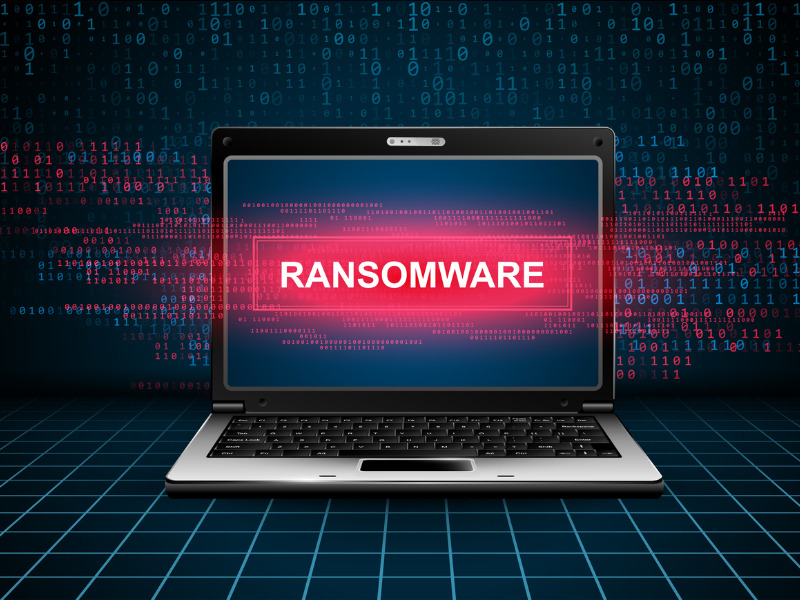The floodgates of ransomware attacks have been opened by remote and hybrid work models, which require a significant portion of business to be carried out outside the internal corporate network and in the cloud. Remote employees are particularly vulnerable to ransomware attacks due to the potential security gaps in their home networks, personal devices, and remote access methods. Phishing attacks and web pages infected by ransomwares targeting remote and hybrid workers are endemic.
The prevention, detection and correction of ransomware attacks requires a comprehensive strategy and multiple technologies. Here are some considerations and best practices to help protect remote employees against ransomware attacks:
1. Security Awareness Training:
Provide remote employees with comprehensive security awareness training. Educate them about ransomware threats, phishing emails, malicious websites, and safe browsing habits. Teach them how to identify and report suspicious activities or potential security incidents.
2. Endpoint Protection:
Ensure remote devices have up-to-date endpoint protection software, including antivirus, anti-malware, and firewall solutions. Regularly update and patch these security tools to guard against emerging threats.
3. Secure Remote Access:
Require remote employees to use secure methods, such as virtual private networks (VPNs), to access company resources. VPNs encrypt the connection between remote devices and the corporate network, reducing the risk of interception and unauthorized access.
4. Strong Passwords and Multi-Factor Authentication:
Emphasize the importance of using strong, unique passwords for all accounts and implementing multi-factor authentication (MFA). MFA adds an extra layer of security by requiring additional verification beyond passwords, such as a fingerprint or a unique code sent to a mobile device.
5. Regular Backups:
Instruct remote employees to regularly back up their important files and data to secure cloud storage or offline media. Encourage them to follow the 3-2-1 backup rule: maintain three copies of data, store them on two different storage types, and keep one backup copy offsite.
6. Patch Management:
Encourage remote employees to regularly update their operating systems, applications, and software with the latest security patches. Outdated software can have vulnerabilities that ransomware attackers can exploit.
7. Email and Web Filtering:
Implement email and web filtering solutions to detect and block malicious attachments, links, and websites. These solutions can help prevent employees from inadvertently downloading or accessing ransomware-infected content.
8. Secure Wi-Fi Networks:
Remind remote employees to secure their home Wi-Fi networks with strong encryption (e.g., WPA2 or WPA3) and change default router credentials. Encourage them to avoid using public Wi-Fi networks for sensitive work activities.
9. Phishing Awareness:
Train remote employees to be vigilant about phishing attempts. Teach them how to recognize and avoid suspicious emails, especially those requesting sensitive information or containing links or attachments from unknown sources.
10. Incident Response Plan:
Develop an incident response plan that outlines the steps to be taken in the event of a ransomware attack. Include procedures for isolating affected devices, reporting the incident, and restoring data from backups.
11. Regular Communication and Support:
Maintain open lines of communication with remote employees to address their security concerns and provide ongoing support. Encourage them to report any security incidents or suspicious activities promptly.
12. Continuous Monitoring and Updates:
Implement monitoring systems to detect and respond to potential security incidents in real-time. Stay updated with the latest security threats and trends to adapt and strengthen security measures accordingly.
By implementing these measures, organizations can help mitigate the risks of ransomware attacks for remote employees. It’s crucial to balance security needs with employees’ productivity and user experience, while also adapting security measures to the evolving threat landscape. Regular evaluation, updates, and employee awareness are essential to maintaining effective protection against ransomware threats. Get in touch with Velcode Solutions to protect your organization against cyber-attacks. Contact us by fill out our contact form or call us at +91-1145694931 , +91-9310905611

